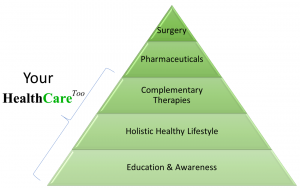Well-Being Needs More Than Money

Your sense of well-being likely depends on a few specific characteristics about where you live—and it’s definitely not just about the money. It turns out that diverse neighborhoods, specifically those with more black residents, commuting by public transportation or bike, and having access to health care are all top factors associated with greater well-being, a new study finds.
Although self-reported, well-being—defined as “a person’s cognitive and affective evaluations of his or her life”—is one crucial way to measure the health of a community. Science shows that people with higher well-being levels live healthier, longer lives than people who report lower well-being. And while regional well-being is understood at a large scale, this study aims to explain exactly why some people are living better lives at the county-level.
As part of a national Gallup-Sharecare poll, nearly 340,000 American adults, both English- and Spanish-speaking, answered questions about their lives—their standard of living, satisfaction with community, work, relationships, and personal health, to name a few—by telephone between 2010 and 2012.
Based on their answers, a team of scientists led by researchers from Yale and the University of Cincinnati, assigned each person a “well-being” score. Then, they compared Americans’ self-reported well-being levels to more than 70 different demographic, social-economic, medical, and physical environmental factors within their county, to measure which ones wielded the greatest influence on people’s life satisfaction. The results published Wednesday in the journal PLOS ONE.
To read the original article please see: Researchers Just Found the Key to Your Well-Being and It’s Not Money – Mother Jones
Our Model




